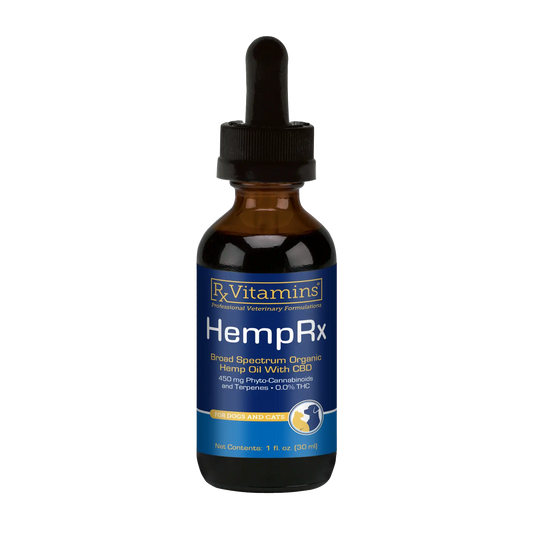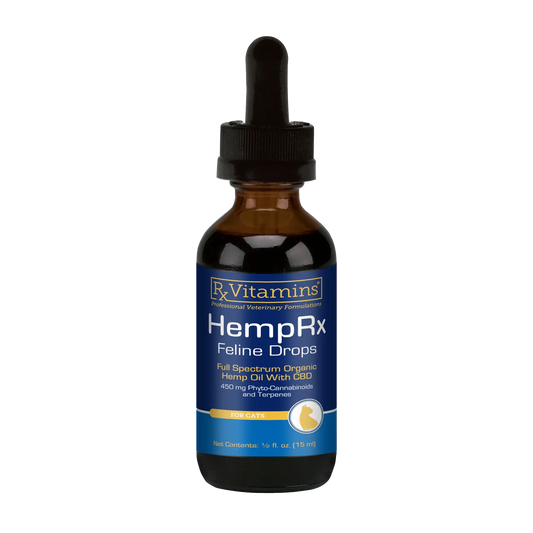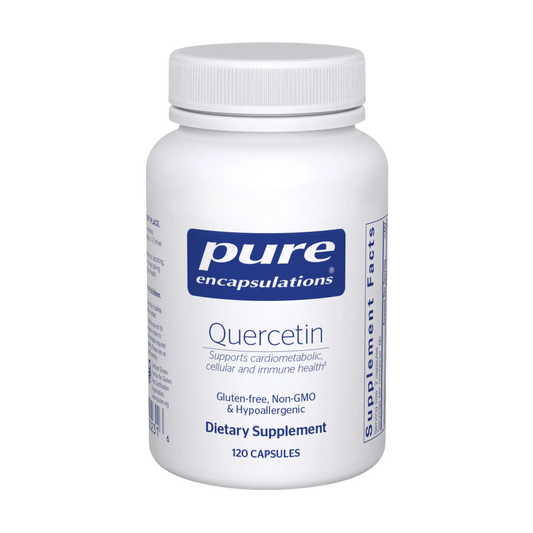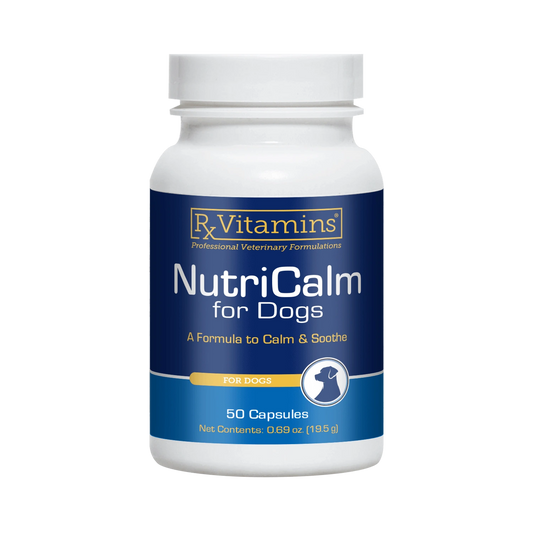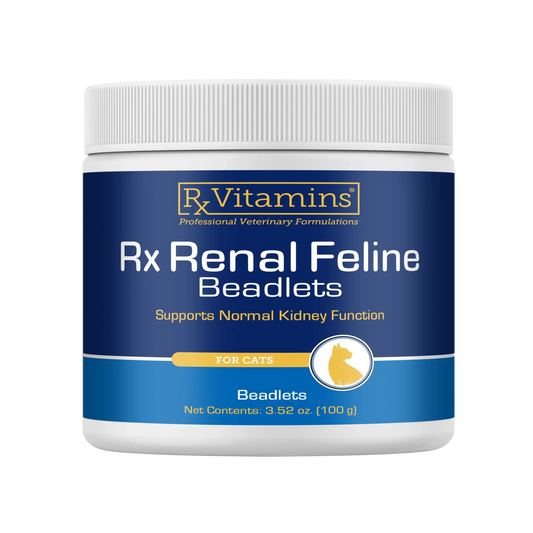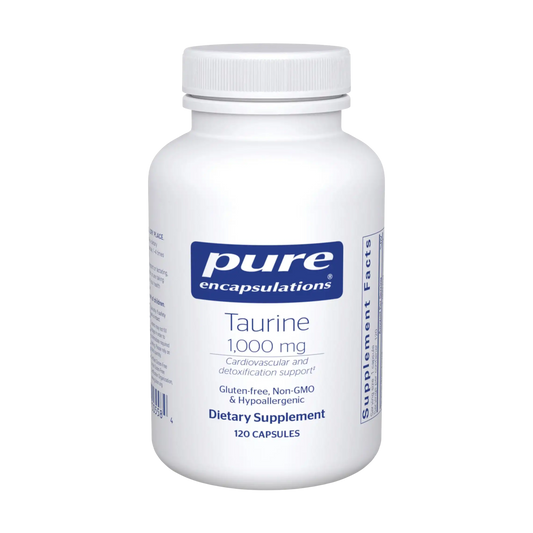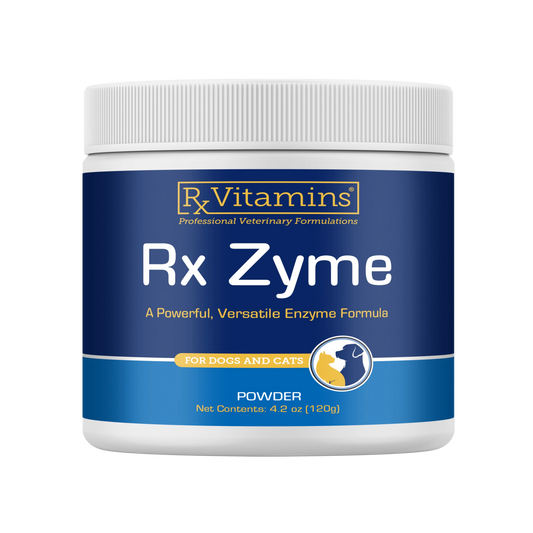If you’ve ever had a dog with vomiting or diarrhea, you know that it can be tough for everyone involved! It’s messy and stressful, and worst of all it can feel really scary to see your pup sick. In this article, we will discuss common reasons why vomiting and diarrhea in dogs occur, and steps you can take to help them feel better faster.
Why is my dog vomiting and having diarrhea?
Sometimes vomiting and diarrhea in dogs will happen separately from each other, while other (more unfortunate!) times, they are paired together. Regardless, the reasons for both are often the same.
Here are just a few reasons that your dog may be experiencing vomiting or diarrhea:
- Eating new food, trash, cat poop, or any other indulgence
- Inflammatory Bowel Disease (IBD)
- Gastroenteritis
- Food allergies or sensitivities
- Parasites
- Pancreatitis (which I discuss fully here)
- Gastrointestinal blockage (such as bones, toys, or other foreign bodies)
- Parvovirus
Things to ask yourself if your dog is experiencing vomiting or diarrhea:
- “Have I opened a new bag of dog food?” Even the most reputable pet food companies can be subjected to recalls, most often for bacterial contamination. Find a reputable site (such as this one) that constantly updates pet food recall information in real time, and check for updates if you are ever concerned!
- Has your dog gotten into anything? Has your dog raided the trash or counters recently? Have they eaten anything precarious such as hard bones, toys, or other non-digestible items?
-
New food? Have you started feeding your pup a new food? Are they eating new snacks? Did the friendly neighbor at the dog park give your pup a yummy and novel treat?
You may or may not ever determine the reason for vomiting and diarrhea in dogs, however it is good to get curious about why it’s happening as this information can help guide you and your veterinary team towards the next best steps.
Next steps for helping your pup may include:
- A short fasting. If you cannot determine the cause of vomiting or diarrhea, and the symptoms are mild (without loss of appetite, lethargy, or other concerning signs), a quick fast may help. This can be a 12–24 hour fast away from food, but always provide access to clean water. As symptoms resolve, reintegrate food in smaller, more consistent meals (e.g., splitting two meals into four).
- Bland diet. For mild episodes, a bland diet can help. This means avoiding excess ingredients or fatty proteins. A classic option is boiled chicken breast (no bones) and rice.
- Fecal testing. A simple, affordable test that ensures parasites aren’t the cause. Fecal tests look for giardia, coccidia, hookworms, whipworms, roundworms, and more. With rising temperatures and global warming, parasites are increasingly common. Annual fecal tests are a good idea even without symptoms. For young or unvaccinated dogs, vets may also test for Parvo or Distemper, which are very serious and require in-hospital care.
- Examination. Requesting an exam is never wrong—especially if symptoms are chronic, severe, cause weight loss, inappetence, lethargy, or fever. A physical exam including abdominal palpation can reveal important clues.
- Radiograph. If your vet suspects a blockage or other concerns, an x-ray may be recommended. Sometimes an ultrasound is also needed. Both are relatively non-invasive and often done without anesthesia.
- Bloodwork. A comprehensive panel checks for pancreatitis, red and white blood cell counts, platelets, electrolytes, and organ function (liver, kidney, thyroid).
- Medications. Sometimes this is all it takes. Vets may prescribe antibiotics, anti-parasitics, or anti-nausea meds to resolve vomiting and diarrhea.
If your dog struggles with a sensitive stomach, check out my Gut Health blog for tips on how to support optimal digestion.
It is important to seek immediate veterinary attention when vomiting and diarrhea in dogs is associated with:
- Fever
- Lethargy
- Pale mucous membranes
- Lack of appetite
- Ongoing symptoms
If you're a pup parent, chances are you will run into many episodes of vomit and diarrhea in your dog’s life! It is important to understand the different options you have for helping your dog through these episodes, and when it’s time to seek professional help. Be sure that you’ve established a relationship with a veterinarian you trust while your dog is healthy, so that you have a resource when answers or a plan of action are needed!
Sending you and your pup lots of love through this journey!
Love,
Claire


